14 science-backed answers to your biggest questions about cheese
First thing's first: How do you make cheese?

Where did cheese originate?

Cheese has been around for thousands of years — traces of dairy fat have been found on pottery from 7,500 years ago.
Though its exact origin story isn't known, like most great inventions, it was likely made by accident when someone stored milk in an animal stomach. When the milk mixed with the rennet, which is found in the stomachs of ruminant mammals (like cows, goats), it began to curdle into an edible substance.
What are the best kinds of milk to make cheese?
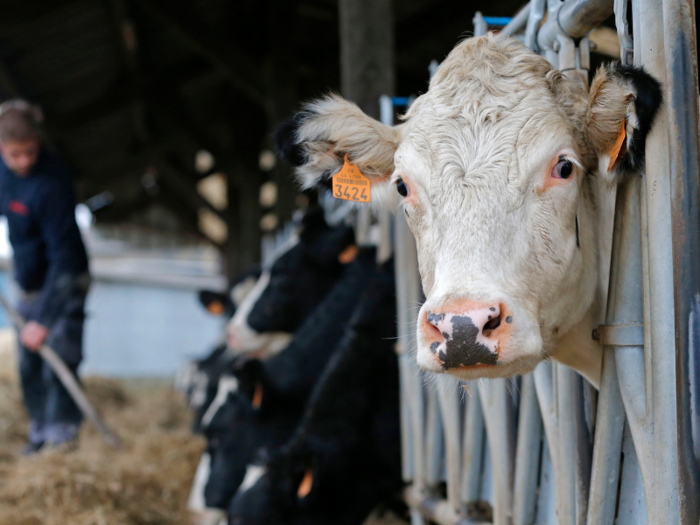
Cheese can be made from the milk of a wide variety of animals, from your average cow or goat to sheep and even reindeer or camel. Some milks aren't great at curdling, which is why you won't see horse cheese — and yes, that takes human breast milk off the table.
Is cheese bad for you?

Cheese, while high in fat, can be a good source of protein and calcium. As we've learned more about fats and the differences between different kinds, it's becoming more clear that dietary fat isn't as bad for us as we originally thought. "The more and more scientists have said go to low-fat diet, the more obese people have been getting," Tunick said.
It's also important to keep in mind that an all-cheese diet wouldn't be the best move, however tasty it might be.
Why do curds squeak?
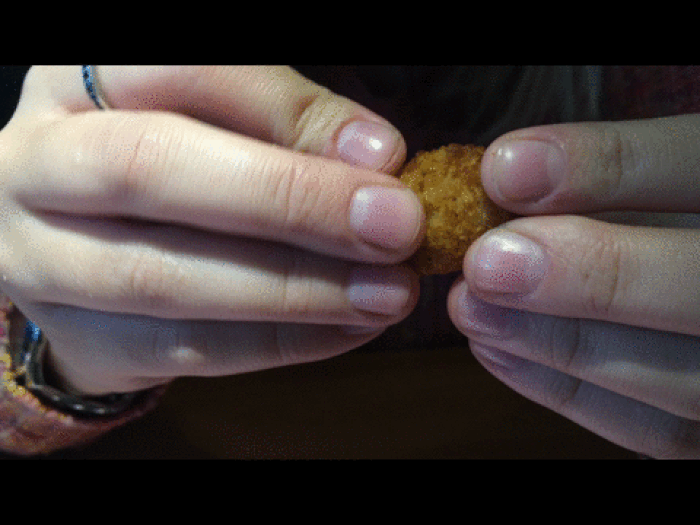
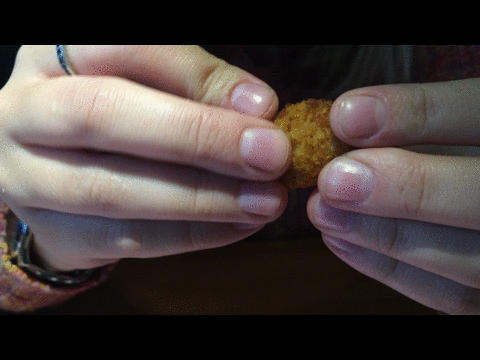
This has everything to do with physics. Curds have a fair amount of water in them; when paired with the cheese protein, that makes cheese squeaky when rubbing against your teeth. It's the same kind of reaction that happens when you run your hands through wet hair, making a squeaking noise.
How do you wind up with a soft cheese instead of a hard cheese?
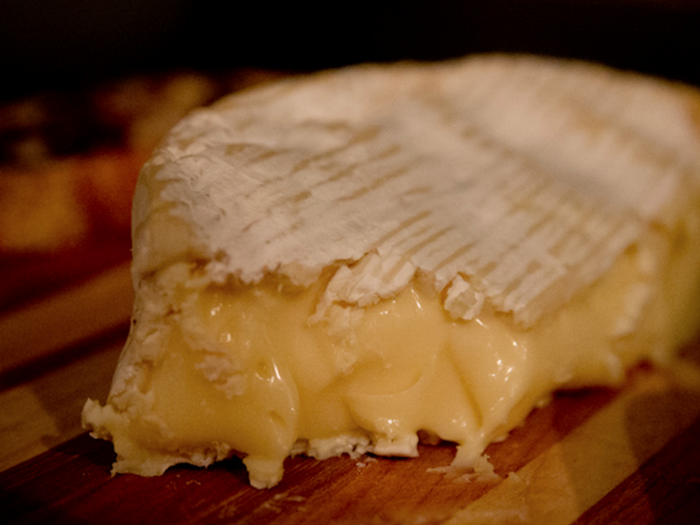
Whether a cheese stays soft or hardens has to do with the moisture that's left in the curds and the temperature it's cooked at. How big you cut the curds is also important — the smaller the curd, the more liquid gets released.
As cheese ages, it loses more of its moisture as well. But in some cheeses, the aging process can break down some molecules in the cheese, making it soft again.
Why are some cheeses so stinky?
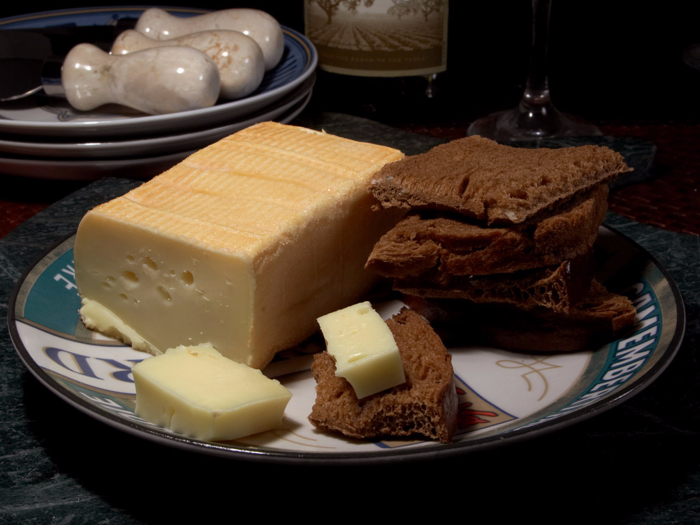
As part of the aging process, cheese-makers spread molds and yeast on the outsides of the cheese. That way the cheese ripens from the outside in, Tunick said. While that's happening, the microbes might give off smells that are unpleasant — but on the inside, the cheese could be relatively mild.
That's another key thing about cheese: just because it has a certain smell doesn't necessarily mean the flavor of the cheese is anything like it.
What makes cheese taste so good?
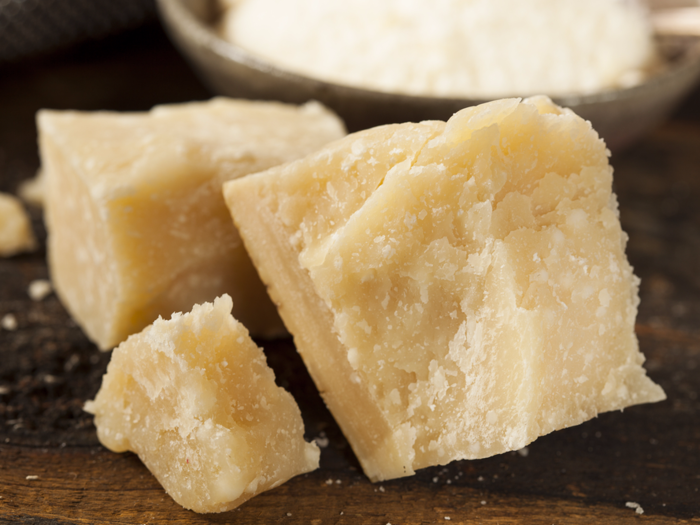
It's simple, Tunick said: "It's because the bacteria break down the proteins and especially the fats into a whole quite a large number of molecules that have flavors."
He compared it to the fermentation process that happens in beer and wine, where microbes eat sugars and produce alcohol along with a wide variety of flavors.
Can people who are lactose intolerant eat cheese?
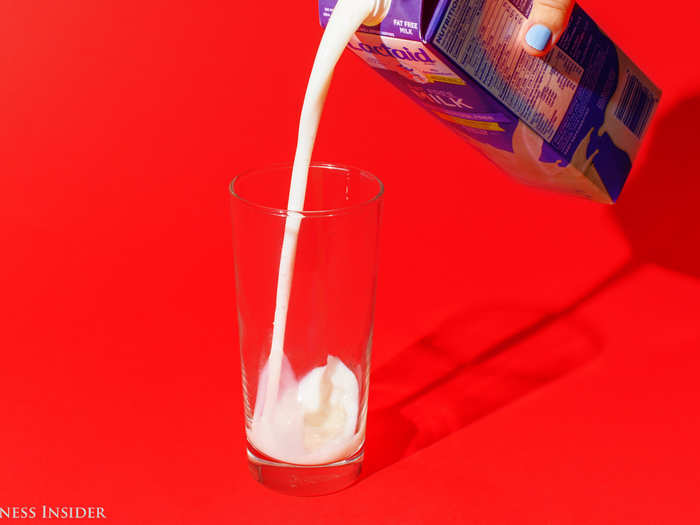
It depends on the type of cheese, but the general rule is that the longer a cheese has aged, the more likely you can eat it if you're lactose intolerant.
"Starter culture bacteria consume the lactose in the cheese, so therefore if you have cheese that's been aged any amount of time, that's not going to have any lactose left in it — or very little," Tunick explained.
Which cheese has the least lactose?
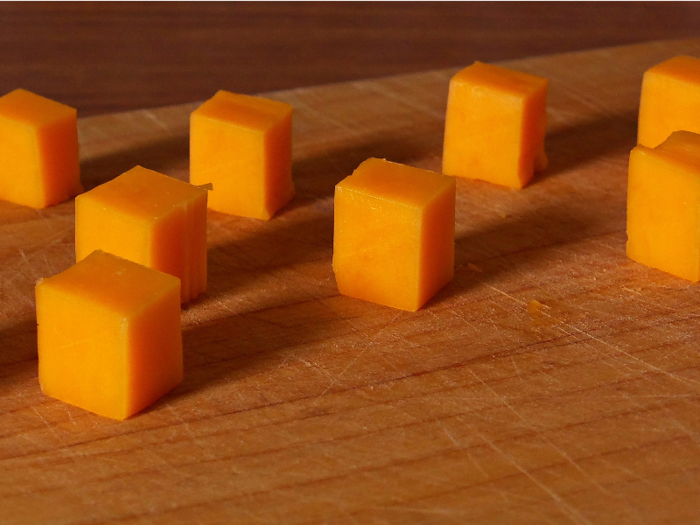
Following the general rule that the longer a cheese has aged, the less likely it is to have lactose lingering in it, cheddar, brie, gouda, and parmesan are all fine options.
Fresher cheeses, like cream cheese or cottage cheese, will still have a fair amount of lactose in them.
Is organic cheese better for you?
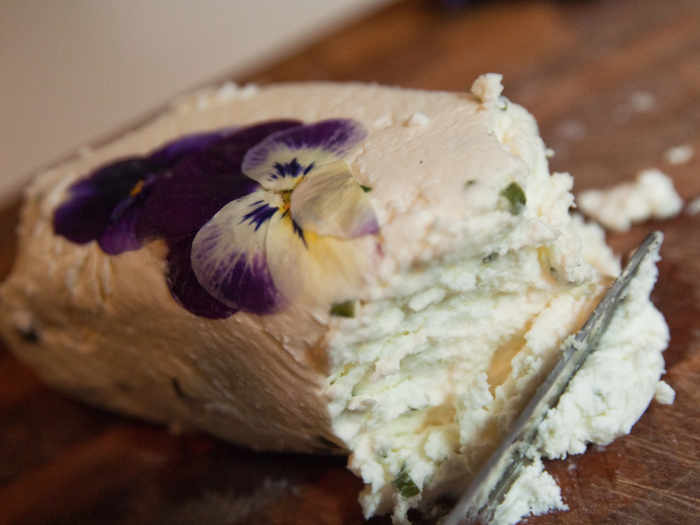
Short answer: yes.
Tunick says that researchers with the USDA have found that when cows eat grass and are given the freedom to graze, their milk has higher levels of healthy fats than milk from dairy cows raised in more restricted, non-organic conditions.
What is the longest amount of time a cheese gets aged?
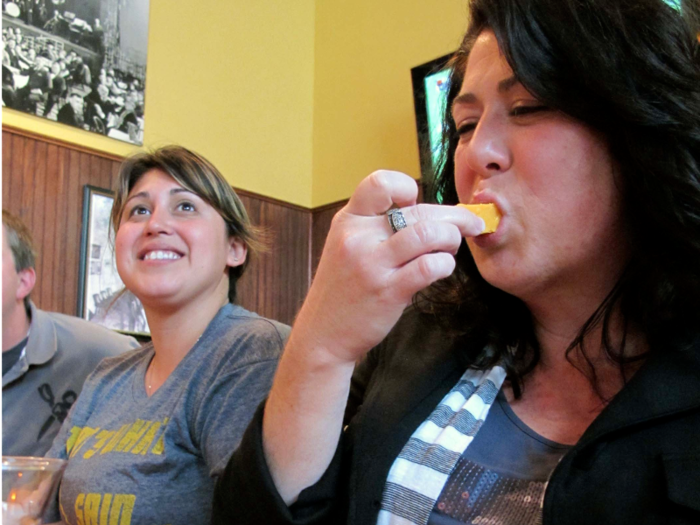
Most cheese is aged for some amount of time, but rarely longer than a year or two. However, some cheddars are aged up to 40 years.
It's generally hard to resist eating a cheese as soon as its aging process is done, though.
When does cheese expire?
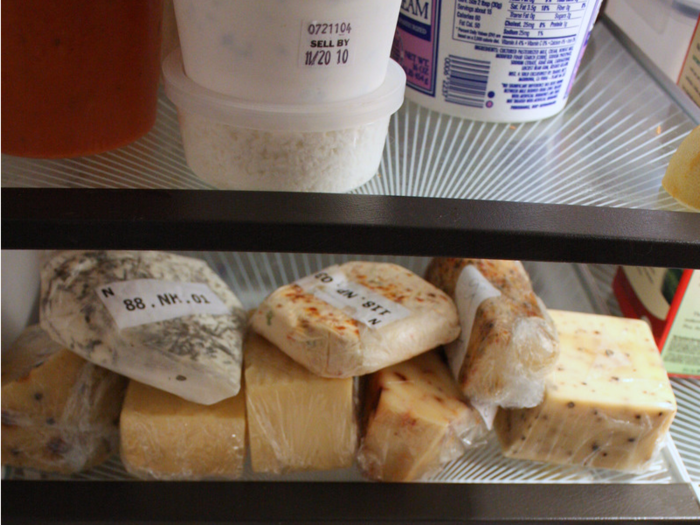
The fact that most cheeses are aged doesn't necessarily mean you should let them do that for too much longer in your refrigerator. The best advice is to eat cheese within a few days of bringing it home, according to cheesemonger Nora Singley.
If your cheese is molding, don't fret — you can scrape off the mold and still eat the cheese if it's hard. But if it's a soft cheese, go ahead and toss it.
If you're not sure whether a cheese has gone bad, taste it — if it tastes unusual, throw it out.
Are there any cheeses to avoid?
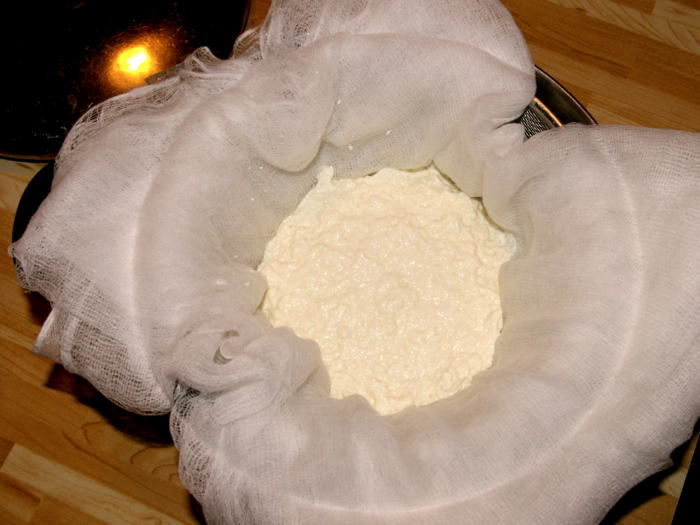
Tunick wouldn't go so far as to blacklist any one particular cheese, he did warn about buying cheese from unlicensed cheese-makers. If it's been made in someone's bath tub, or some other condition where other microbes could interfere with the process, that could lead to some serious problems.
Popular Right Now
Popular Keywords
Advertisement